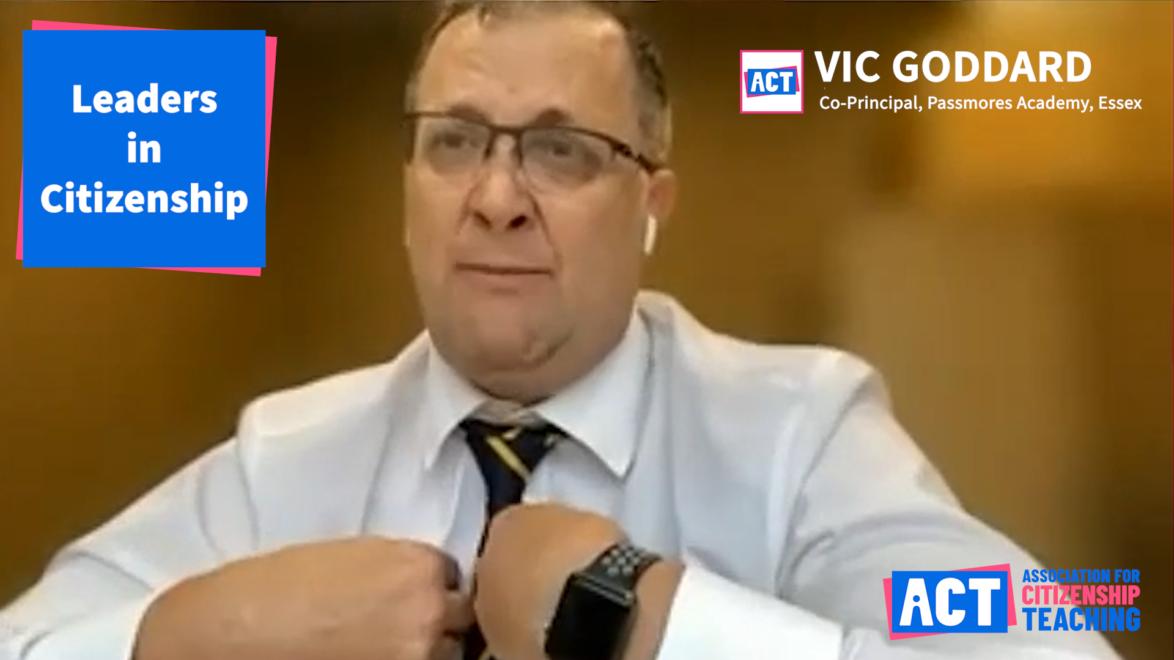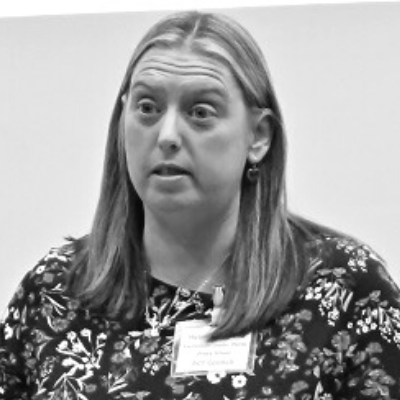The impact of Citizenship across your school
Citizenship can crystalise your school ethos
How can you ensure you are fulfilling the Personal Development criteria in your school? Does part of your school’s mission statement include an aim to develop well-rounded, confident and responsible individuals? Does it highlight the importance of inclusivity, compassion and foster the development of critical thinking skills?
For more than two decades, ACT has been working to transform the lives of children and young people through high quality Citizenship education. We do this by providing expert advice, training and support to teachers in developing high quality curriculum and teaching in schools and colleges across the UK.
Supporting schools to prepare pupils
ACT has worked with thousands of Citizenship teachers by sharing best practice and equipping them with the knowledge, skills and confidence to deliver high quality Citizenship lessons. Our mission is to ensure every young person receives their statutory entitlement of Citizenship education.
Continued Professional Development (CPD)
To do this, we run an extensive CPD programme each year. This provides critical knowledge for teachers, but importantly, also gives teachers a chance to share their knowledge and skills with other teachers.
In addition to CPD events, we also run a range of major events throughout the year. Events include our flagship annual conference and events with major partners, such as UK Parliament Education. Such events give teachers a chance to interact directly with policymakers, engage with the latest subject research and further the cause of Citizenship.
Resources
ACT has produced learning resources to help teachers deliver content that is engaging and reflects real-world contexts that can be understood by their students. Brand new key stage 3 and key stage 4 resources are now available as part of a model core curriculum.
Research
ACT is working with Middlesex University on an innovative national research project to evaluate the current impact of Citizenship education in schools. This will not only allow us to identify and promote best practice going forward, the outcomes will also be invaluable for participating schools to evaluate their own Personal Development provision. This should also enable schools to provide compelling data for Ofsted inspectors to demonstrate progress.
Find out more about our research project opportunity here.
Download our free School Membership Taster Pack
This free guide has been designed to give you a taste of the resources and tools available through an ACT School & College Membership and an insight into the value it could bring to your school, teaching staff and pupils.
Citizenship is key to a transformational Personal Development curriculum
How can you demonstrate to Ofsted that you are fulfilling your Personal Development requirement? Citizenship is both an academic and practical subject that has distinct skills and knowledge that are key to a transformational Personal Development curriculum.
To ensure high quality Citizenship, schools need to ensure that they:
- provide a curriculum that is based on the national curriculum and that is well planned, sequenced and progressive
- teach the subject regularly to build up pupils’ knowledge and understanding of key Citizenship concepts so that they can apply this when undertaking investigation, active citizenship, discussions, deliberation and critical thinking.
Key facts about citizenship:
- Citizenship is a statutory foundation subject in the national curriculum at key stage 3 and 4 and has a national programme of study for teaching the subject at key stage 1 and 2
- There’s a GCSE qualification available from 3 awarding bodies
- Feeds into your students’ Spiritual, Moral, Social, Cultural (SMSC) development & Personal Development judgement objectives; as evaluated by Ofsted
- Contributes to the promotion of fundamental British Values
- Addresses requirements of the RSHE framework
- Teaches students vital skills through topical and engaging subjects; democracy, politics, human rights, justice, the law, media and information literacy, climate change and sustainability, personal finance and the economy.
- Supports a whole school approach and ethos that enables students to develop as well-rounded, informed, active and responsible citizens.








